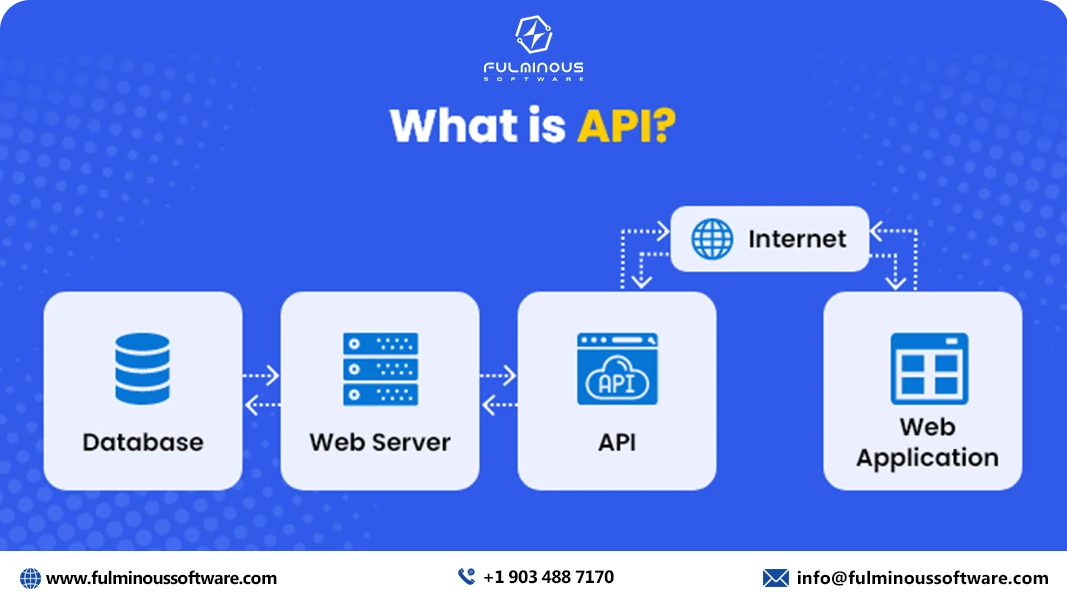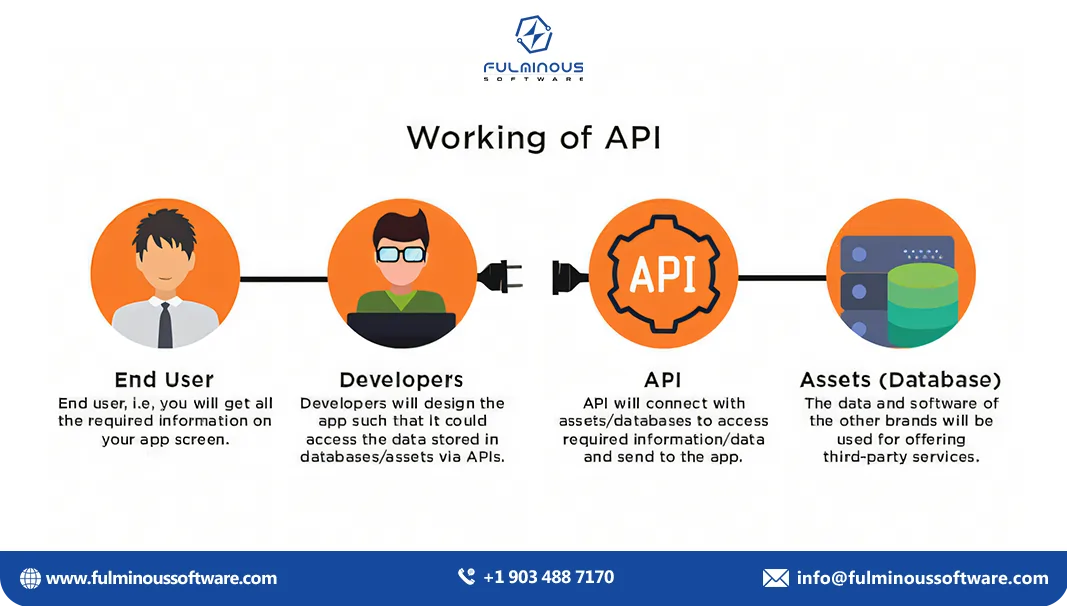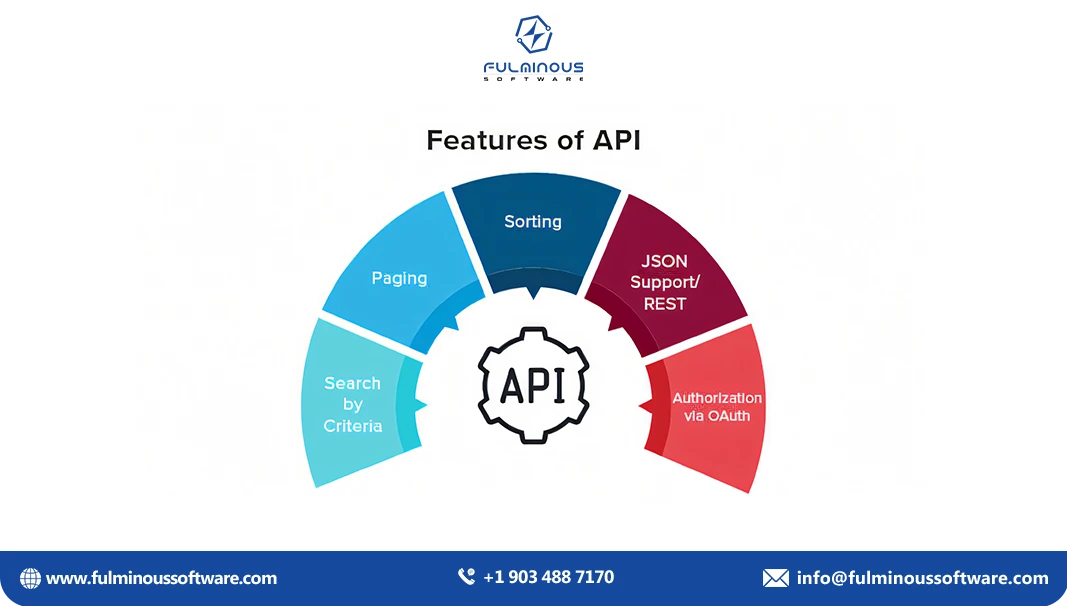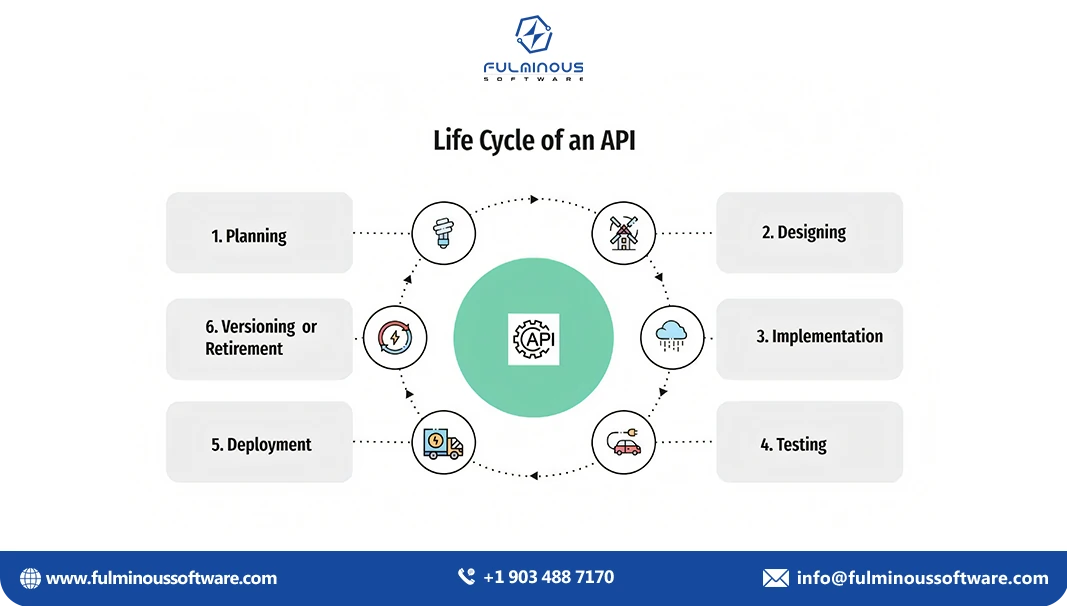BigCommerce API Development: A Complete Guide
Manish Kumawat
Last Updated on: 09 July 2025
APIs (Application Programming Interfaces) are the key elements that make any digital platform more effective. No change in the case of e-commerce platforms. BigCommerce API development is all about creating apps and custom functionalities. This is done using the various APIs provided by the BigCommerce platform.
Even though BigCommerce- the top SaaS-based eCommerce platform offers a wide range of capabilities, to take full advantage of its potential, businesses prefer BigCommerce API development. Through API integrations, developers can create custom applications, connect third-party services, automate workflows, and offer personalized shopping experiences.
If you are more attached to e-commerce, you know the relationship between personalized shopping experiences and business growth. That means without BigCommerce API development, the BigCommerce platform is like a bird without wings. BigCommerce APIs allow developers to collaborate and interact with store data, products, customers, orders, and other important components.
In this comprehensive guide, we will explore everything you need to know about BigCommerce API development. Stay till the end and see all the aspects related to BigCommerce API development.

See BigCommerce API Development Benefits
Do you want your BigCommerce store could just work the way you expect? Want your tools to talk to each other? Tired of doing the same tasks day by day? BigCommerce API development is the answer to all these concerns. The major advantages are:
1. Customization at Scale
Each business has a set of workflows and goals. APIs let you build custom features and workflows that fit how your team works and what your customers want.
2. Third-Party Integration
APIs easily connect your store to tools like CRMs, ERPs, email marketing, or accounting software. Everything works better when your systems talk to each other.
3. Automation of Operations
Are you losing too much time on repetitive tasks day by day? Save time by automating repetitive tasks like updating inventory, processing orders, or sending out shipping updates.
4. Enhanced Customer Experience
Use APIs to offer personalized product recommendations, special pricing, or custom checkout flows. Your customers get a smoother and more tailored shopping experience.
5. Future-Proofing Your Store
Future vision is the base of your success in the long run. APIs help you build flexible systems that are ready to scale and handle new features.
6. Faster Development Time
APIs are the ideal way to cut down the time of your overall development process. APIs provide ready-to-use crafting blocks, so developers don’t have to start from the basics.
7. Real-Time Data Syncing
Make sure your data is always latest with APIs. So you don’t have to worry about outdated info or double entries.
8. Better Decision-Making
Insights and data are the foundation for making the right decisions. APIs can capture data from various sources to give you clearer reports and dashboards.
Types of BigCommerce APIs
BigCommerce provides several types of APIs to assist diverse development needs. If you want to make use of BigCommerce API Development, then you have to know each of them in detail and choose what you need.
Storefront API
Storefront API lets developers build custom storefronts using frameworks like React or Vue, perfect for flexible and headless commerce designs.
GraphQL Storefront API
GraphQL Storefront API helps fetch only needed data faster than REST, great for single-page apps and improving site performance and speed.
REST APIs
REST APIs cover everything from products to orders and customers. Easy to use and widely supported by developers and tools.
Catalog API
Catalog API manages all product details like SKUs, categories, inventory, and pricing—perfect for keeping your store items updated easily.
Customer API
Customer API handles customer data, logins, and segmentation. Helps personalize experiences and manage user accounts smoothly.
Orders API
Orders API tracks, manages, and fulfills orders automatically. Useful for keeping your sales and order system in sync.
Checkout API
Checkout API customizes how customers complete purchases. Helps reduce cart abandonment and boost conversions with smoother checkout flows.
Webhooks
Webhooks get instant alerts when events happen, like new orders or customer signups, without needing to check manually.

When You Can Use BigCommerce API Development
Do you know the instances to use this API development? Here are the most common 6 situations where e-commerce businesses make use of this valuable service.
ERP Integration
You can use BigCommerce APIs to sync inventory, pricing, and orders with your ERP system for smoother operations and fewer errors.
Custom Checkout Experiences
eCommerce businesses use APIs to design unique checkout flows that match their brand and make the buying process quick and easy.
Mobile App Development
You can use BigCommerce APIs to power mobile apps, helping customers shop seamlessly on their smartphones or tablets.
B2B Portals
Companies use APIs to create B2B portals with features like customer-specific pricing, group-based access, and order approval workflows.
Omnichannel Strategy
eCommerce businesses use BigCommerce APIs to connect with platforms like Amazon, eBay, Facebook, and in-store POS systems for a true omnichannel experience.
Advanced Analytics
You can use APIs to pull data from your store and feed it into business intelligence tools for deeper insights and smart decision-making.
Real-World Example: Custom ERP Integration
Let’s say a merchant wants to connect BigCommerce with their custom ERP system to sync inventory levels and automate order processing. With Catalog API, Orders API, and Webhooks, your developer can:
- Set up a webhook to listen for new orders.
- Use the Orders API to pull order details.
- Push that data to the ERP.
- Update inventory levels in BigCommerce via the Catalog API.

Tools & Technologies for BigCommerce API Development
- BigCommerce Dev Tools: CLI tools for managing themes, apps, and APIs.
- Postman: For testing API endpoints.
- GraphQL Playground: To explore and run queries using the Storefront GraphQL API.
- Node.js & Express: Common for building middleware and backend integrations.
- React/Vue: Ideal for headless front-end development.
- OAuth 2.0: Used for secure API authentication.
- Git & CI/CD Tools: For version control and continuous deployment.
BigCommerce API Authentication
BigCommerce uses OAuth 2.0 for secure and scalable API authentication. Here's how it works:
- Client ID and Secret: These are used to find and identify the application.
- Access Token: Granted after user authentication, used to make API requests.
- Scopes: Define the level of access (read, write) the application has.
Proper handling of tokens and permissions is essential for secure API development.
Best Practices for BigCommerce API Development
There are some best practices for BigCommerce API development. Let’s see them one by one:
Use Pagination & Filtering
You can improve performance by loading only the data you need—great for handling large product lists or order histories.
Cache When Possible
Companies use caching to reduce repeated API calls. It helps speed things up and lowers the load on your system.
Handle Errors Gracefully
eCommerce businesses should show clear error messages and try again when things fail—nobody likes a broken experience!
Secure Data Exchange
Always use HTTPS and encryption. Protect customer info and keep your store safe from threats.
Document Your Code
You can make future changes easier by writing clear documentation. It helps BigCommerce API developers know how everything works.
Monitor API Usage
Watch how your BigCommerce APIs are performing. Watch for slowdowns, errors, or going over usage limits.

Headless Commerce & BigCommerce APIs
BigCommerce is a popular choice for headless commerce thanks to its robust API architecture. With a headless setup:
- The front-end and back-end are decoupled.
- Developers can use frameworks like Next.js or Gatsby for a highly responsive UX.
- APIs serve as the bridge between the presentation layer and the commerce engine.
This approach improves performance, SEO, and development flexibility.
Choosing the Right BigCommerce API Developer
When looking for a development partner, consider:
- Experience with BigCommerce APIs
- Familiarity with your business model (B2C, B2B, D2C)
- A strong portfolio of custom integrations
- Knowledge of secure coding practices
- Ongoing support and maintenance services
Conclusion
Whether it's syncing inventory with ERP systems, creating custom checkouts, or integrating with CRMs and shipping providers, APIs are the bridge that connects BigCommerce with the outside world.
BigCommerce API development unlocks a world of possibilities for merchants seeking customization, integration, and automation. Whether you're aiming to build a headless storefront, connect with back-office tools, or deliver next-level customer experiences, APIs provide the flexibility and power to achieve your goals.
By understanding the types of APIs, adhering to best practices, and working with the right tools and partners, you can transform your BigCommerce store into a fully integrated, future-ready commerce hub.
Need help with BigCommerce API development? Fulminous Software has a team of experienced BigCommerce API developers. Contact now and share this article.
FAQs
Q1. How do I get started with BigCommerce API development?
Hire a skilled developer or agency. They’ll plan, build, and connect your store with tools you already use.
Q2. What types of APIs does BigCommerce offer?
BigCommerce offers REST, GraphQL, Catalog, Orders, Checkout APIs, and Webhooks to manage products, customers, and more.
Q3. How secure is BigCommerce API integration?
It uses OAuth 2.0 and HTTPS to securely control access and keep your data safe and protected.
Q4. Can I use BigCommerce APIs for mobile apps or headless storefronts?
Yes, APIs let you build mobile apps or modern storefronts using frameworks like React or Vue.
Q5. Do I need a developer to work with BigCommerce APIs?
If you’re not into coding, a developer can help set everything up the right way.
Q6. Can BigCommerce APIs help automate my daily business tasks?
Yes, they can update inventory, process orders, and send messages without manual work every time.
Q7. How can BigCommerce API development improve my customer experience?
APIs help show custom prices, recommendations, and checkout options that make shopping easier and more personal.
Q8. Are BigCommerce APIs good for growing businesses?
Yes! They help you scale faster by connecting systems and building new features without starting from scratch.
HIRE A TOP SOFTWARE DEVELOPMENT COMPANY

 Verified
Expert in Software & Web App Engineering
Verified
Expert in Software & Web App Engineering
I am Manish Kumawat, co-founder of Fulminous Software, a top leading customized software design and development company with a global presence in the USA, Australia, UK, and Europe. Over the last 10+ years, I am designing and developing web applications, e-commerce online stores, and software solutions custom tailored according to business industries needs. Being an experienced entrepreneur and research professional my main vision is to enlighten business owners, and worldwide audiences to provide in-depth IT sector knowledge with latest IT trends to grow businesses online.
Partner with Top-Notch Web Application Development Company!
Discuss your Custom Application Requirements on info@fulminoussoftware.com or call us on +1-903 488 7170.
15 Days Risk-Free Trial

